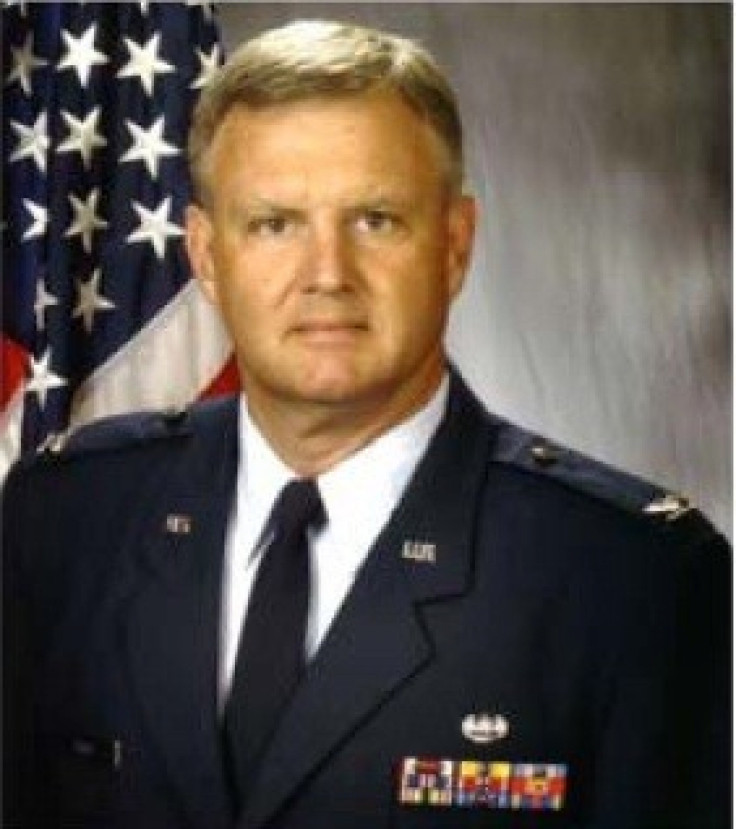'Obama Lost a Pair of Testicles After Election Day,' Says Ex-Guantanamo Prosecutor

A former Guantanamo chief prosecutor and an outspoken critic of military commissions, Col. Morris Davis, is condemning President Barack Obama's national security policy, saying his presidency seems to him like a third Bush term.
There's a pair of testicles somewhere between the Capitol Building and the White House that fell off the president after Election Day, Davis was quoted as saying during an interview at his Washington, D.C., office over the summer and in several e-mail correspondences with Truthout.org.
He got his butt kicked. Not just with Guantanamo but with national security in general. I'm sure there are a few areas here and there where there have been 'change,' but to me it seems like a third Bush term when it comes to national security, Davis said.
Davis took charge as the third chief prosecutor of the Guantanamo military commissions in September 2005. Quite unlike his predecessors, Davis maintained a visible public profile and stirred up controversies by condemning the military commission system, created for prosecuting detainees held at the U.S. base in Cuba.
One of Obama's key campaign promises was to eliminate the Military Commissions Act that was deemed unconstitutional by the U.S. Supreme Court as encroachment of habeas corpus rights.
Activist group Human Rights First also criticized the law for violating the U.S. constitution's ex post facto laws by convicting defendants for actions that were not illegal when they were taken.
I will reject a legal framework that does not work, Obama said during his presidential campaign. I have faith in America's courts and I have faith in our (Judge Advocate Generals) ... As president, I will close Guantanamo, reject the Military Commissions Act and adhere to the Geneva Conventions ... Our Constitution and our Uniform Code of Military Justice provide a framework for dealing with the terrorists ... Our Constitution works. We will again set an example for the world that the law is not subject to the whims of stubborn rulers and that justice is not arbitrary.
What happened to that guy? asks Davis. Obama has now embraced and kissed on the lips the whole Bush concept. He failed to keep a single promise he made in that speech.
The first military commission trial, entirely initiated by Obama administration, began last week at the Guantanamo Bay Naval Base. Abd al-Rahim al-Nashiri, alleged mastermind behind the bombing of the USS Cole in Yemen in 2000, will be tried with new rules which are supposed to make military trials -- charged by military authorities, prosecuted by a military authority, judged by military officers and sentenced by military officers against a member of an adversarial force -- more transparent.
Al-Nashiri, who allegedly headed al-Qaida operations in the Persian Gulf, was captured in November 2002. Former CIA Director Michael Hayden has admitted the use of brutal torture techniques including waterboarding and use of gun and power drill for al-Nashiri's interrogation. If found guilty, al-Nashiri may be sentenced to death.
Davis, who has attacked the military commissions since his resignation, had praised the professionalism of the prison, while in office.
A few months before his resignation, Davis wrote an op-ed article in The New York Times titled, The Guantanamo I Know in which he praised the prison facility, writing that the reality for Guantanamo Bay is the daily professionalism of its staff, the humanity of its detention centers and the fair and transparent nature of the military commissions charged with trying war criminals. It is a reality that has been all but ignored or forgotten.
Davis gave up his position as chief prosecutor in October 2007, within hours of the appointment of controversial General Counsel William Haynes as his superior. Davis said in a statement, The guy who said waterboarding is A-okay I was not going to take orders from. I quit.
Davis later stated that he had problems with Pentagon's Office of Military Commissions and said he was denied an end-of-tour medal for his two years at Guantanamo for speaking the truth: I tell the truth, and I get labeled as having served dishonorably. I'm very concerned about the chilling effect . . . on the process.
© Copyright IBTimes 2024. All rights reserved.












